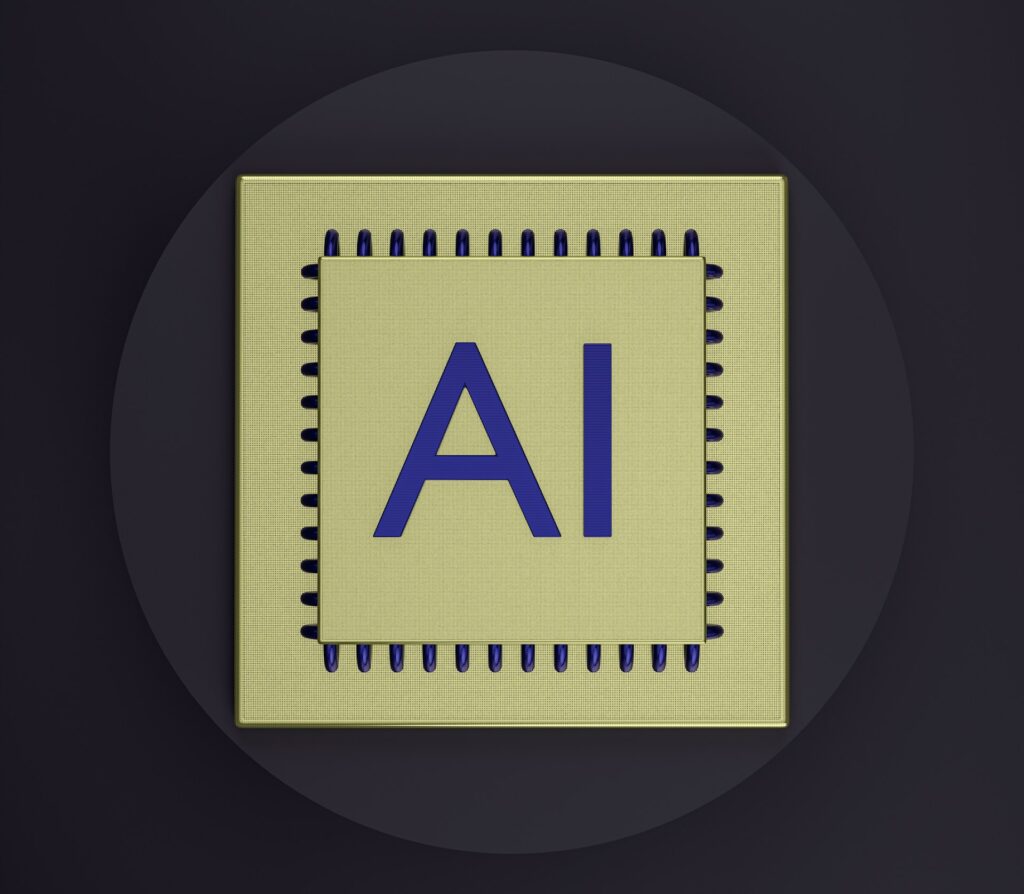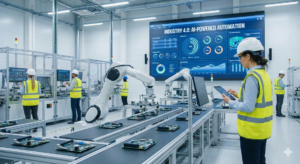Should Businesses Opt for On-Premises or Cloud-Based Artificial Intelligence?

Should Businesses Opt for On-Premises or Cloud-Based Artificial Intelligence?
The idea of artificial intelligence is no longer a notion from the distant future; rather, it has become an integral component of how organizations analyze data, enhance the experiences of their customers, and optimize their operations. However, one of the most important choices that businesses must make in the present day is whether to install artificial intelligence systems in the cloud or on-premises. Every alternative has its own set of benefits and difficulties, and the decision that is most appropriate often relies on the sector, the regulatory environment, and the objectives of the organization.
1. Comprehending Artificial Intelligence in the Cloud
Cloud AI refers to delivering artificial intelligence solutions using distant data centers run by third-party suppliers. By using the internet, businesses are able to have access to advanced artificial intelligence tools and machine learning platforms without having to invest in their own infrastructure.
Key Advantages of Artificial Intelligence on the Cloud:
- Capacity to scale up on demand
- Access to cutting-edge artificial intelligence services without the need to construct systems in-house
- Reduced initial expenditures on the infrastructure
- Easy cooperation among teams that are geographically dispersed
2. What is meant by the term “on-premises AI”?
AI that is operated on-premises, also known as on-prem AI, refers to the process of operating AI models and applications inside a company’s own servers and data centers. This configuration offers enterprises complete control over their infrastructure, including the storage of data and the operation of their systems.
Advantages of Using Artificial Intelligence on-Premises:
- An increase in the privacy and control of data
- customization depending on the particular requirements of the company
- Reduced dependency on sources from outside the organization
- Compliance with stringent regulatory criteria that is more stringent
3. Scalability: Artificial Intelligence in the Cloud Takes the Lead
The cloud artificial intelligence platform is the undisputed victor for companies that anticipate variable workloads or quick expansion. Companies are able to immediately scale the amount of processing power they require, and they only pay for the amount of power they really utilize. On-premises artificial intelligence, while its adaptability in terms of design, requires a substantial investment in hardware in order to grow, which may become costly and difficult to update.
4. Factors Relating to expenses
Cloud AI minimizes initial expenses because firms don’t need to acquire servers or create massive IT infrastructures. In spite of this, membership and use fees have the potential to build over time. On-premises artificial intelligence necessitates more initial expenditures in hardware, storage, and qualified personnel; nevertheless, it has the potential to become more cost-effective for businesses that are operating with continuous and massive workloads.
5. Protection of Personal Information and Data Security
In many sectors, like healthcare, banking, and government services, the most important issue is often the protection of sensitive data. On-premises artificial intelligence allows you complete control over sensitive data, hence avoiding the dangers that are linked with data transfers to external sources. On the other hand, cloud AI companies make significant investments in cybersecurity and compliance certifications, which makes their services safe for a wide variety of use cases. Despite this, there are certain companies that would rather retain vital information in-house.
6. Performance and Latency in the System
Applications that demand low latency include those that deal with autonomous systems, fraud detection, and real-time analytics alike. In situations like this, on-premises artificial intelligence often performs better than cloud-based systems since data does not have to travel across networks. The performance of artificial intelligence in the cloud is dependent on internet access and capacity, which might result in delays.
7. Management and upkeep of the facility
With cloud artificial intelligence, service providers take care of system maintenance, updates, and patches, which enables organizations to concentrate on using AI rather than managing or maintaining infrastructure. For on-premises artificial intelligence, specialized IT teams are required to operate and upgrade systems, which may be a resource-intensive process.
8. Obligations to Comply with Regulations
On-premises artificial intelligence is often the preferred choice in sectors where stringent compliance regulations regulate the manner in which data is handled and processed. There are compliance solutions available from cloud AI providers; nevertheless, firms may be subject to regulatory constraints if sensitive data is transferred from company-owned servers.
9. Hybrid artificial intelligence: the best of both worlds
A growing number of companies are using hybrid artificial intelligence models, which blend cloud and on-premises technologies. The processing of sensitive data, for instance, may be done on-premises, whilst less important operations, such as model training or large-scale analytics, can be done in the cloud. This strategy balances privacy, affordability, and scalability.
10. Selecting the Appropriate Individual for Your Organization
Startups, firms that are rapidly expanding, businesses that have teams that are scattered, and organizations that wish to experiment with artificial intelligence in a quick and affordable manner are the greatest candidates for cloud AI.
On-premises artificial intelligence is most effective for firms that operate in highly regulated sectors, those that deal with sensitive or proprietary data, and those that have large-scale, predictable AI workloads.
The decsion between on-premises and cloud-based artificial intelligence is not a simple one. While on-premises artificial intelligence offers unparalleled control, privacy, and compliance assurance, cloud AI shines in flexibiility, scalability, and simplicity of implementation due to its superior capabilities. Hybrid artificial intelligence deployments, which include the benefits of both approaches, are the way of the future for many enterprises. In the end, the optimal solution is determined by striking a balance between the demands of the company, the requirements for security, the expectations for performance, and the considerations for long-term costs.




